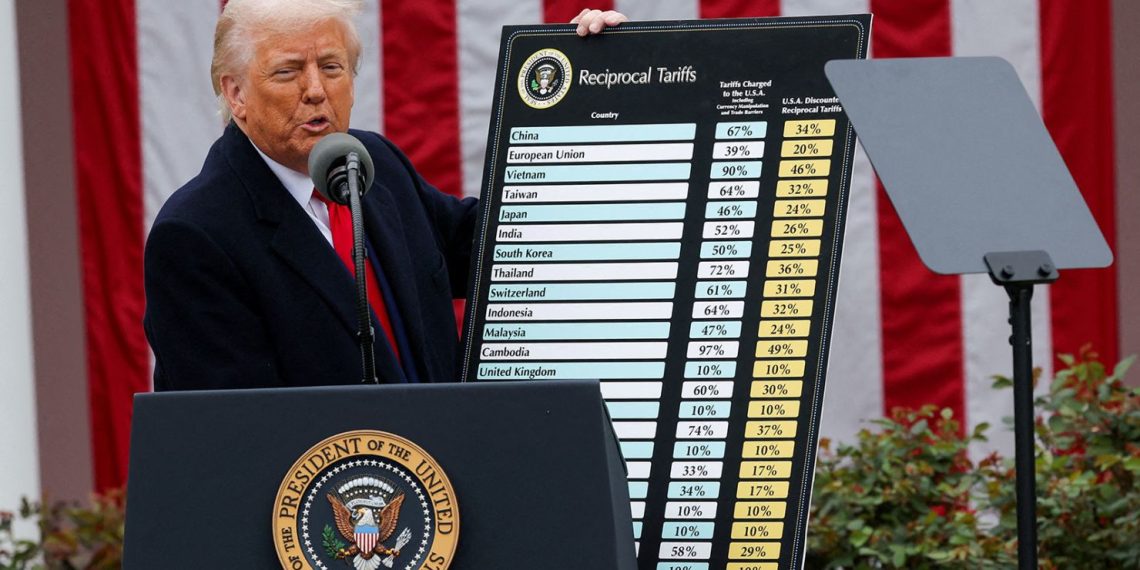Trump Auto Tariffs: Extended Relief for U.S. Automakers
President Donald Trump has announced an extension of tariff relief for U.S. automakers, a move aimed at reducing costs for major car manufacturers while boosting domestic production. The White House confirmed on Friday that the current tariff offset program — initially set for two years — will now be extended to five years.
The program prevents multiple layers of tariffs on vehicles and parts that cross U.S., Mexican, and Canadian borders several times during production. It also gives automakers relief from existing tariffs on steel and aluminum, which have been a major cost burden since they were introduced.
“The priority is to expand domestic vehicle production in the United States to ensure that we have good, high-paying jobs for American workers,” said a senior administration official.
New Tariffs for Heavy Trucks and Buses
Alongside the extension, Trump confirmed new 25% import tariffs on heavy trucks built outside North America, set to take effect on November 1. A 10% tariff on imported buses, including school buses and motor coaches, will also be introduced on the same date. Imports from Mexico and Canada will continue to receive favorable treatment under the USMCA trade agreement.
The White House said the move is part of a broader effort to incentivize vehicle and engine production within the U.S. “We are rewarding companies that make their engines in America,” the administration said, highlighting a new import adjustment offset program for domestic engine manufacturers.
Industry Response and Economic Impact
Automakers have welcomed the decision, having spent months lobbying for relief. Ford CEO Jim Farley previously told analysts that simplifying the tariff structure was a top priority, noting that Ford faces an annual tariff bill of about $2 billion despite being the largest U.S.-based manufacturer.
The Trump auto tariffs strategy reflects the administration’s evolving trade agenda — balancing protectionist policies with support for domestic manufacturing. While industry leaders see the relief as a step forward, analysts warn that continued uncertainty around international trade could still weigh on global supply chains and auto pricing.
